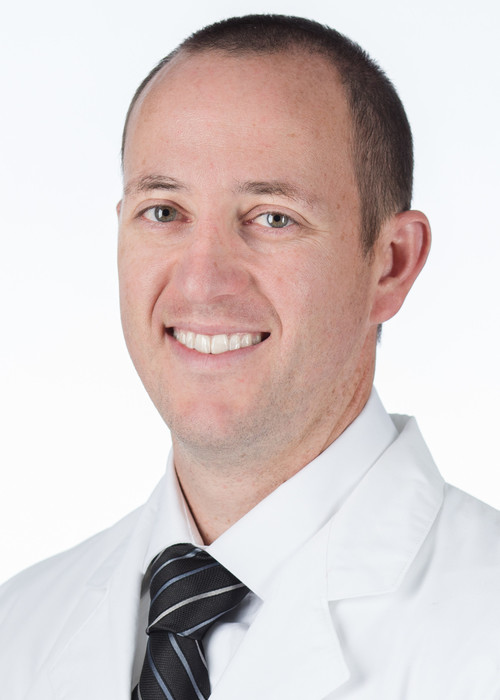Family Health
Another Benefit of the HPV Vaccine: It May Prevent Head and Neck Cancers
Published: Jan. 16, 2020You may know that using alcohol and tobacco are major risk factors for head and neck cancers. But did you know that it’s estimated that 70-80% of oropharyngeal cancers – cancers on the tonsils and base of the tongue – in the U.S. are caused by human papillomavirus (HPV)?
HPV, is the most common sexually transmitted disease in the U.S., with about 85% of people exposed to it at some point in their lifetimes.
The good news is that HPV-related cancers are more treatable and curable than tobacco- and alcohol-related cancers, and there’s a powerful tool – the HPV vaccine – that can prevent several types of cancer.
Symptoms Can Be Easy to Ignore
HPV is a silent invader. It generally comes with no obvious signs or symptoms. Most people clear the virus within 18 months and never knew they had it. For those who don’t clear HPV from their system, we believe it can take 10-20 years for it to develop into cancer. In the U.S., there are about 14,000 cases of HPV-related oropharyngeal cancer annually.
 For those who develop these cancers, symptoms can include:
For those who develop these cancers, symptoms can include:
- A painless neck mass
- Difficulty swallowing
- Pain in the throat or ear
- A change in voice
These cancers are extremely difficult to detect because symptoms, if present, may go unnoticed. Generally a painless lump on the side of the neck is the first sign of cancer.
My advice: If cold-like symptoms don’t go away after a couple weeks, or if you develop a lump, it could be a warning sign. See your doctor and get it checked out. They may want to do a scan or biopsy to further investigate.
What to Expect During Treatment
Treating HPV-related oropharyngeal cancers is done on a case-by-case basis, and 85%-90% of patients are cured. By considering the size of the tumor, its location and its burden on nearby lymph nodes, we’ll recommend a treatment plan that may include:
- Surgery
- Chemotherapy
- Radiation
Some patients may be candidates for a combination of these treatments, but some may be able to have just a single modality. While treatment is curative, the result can have significant effects on how a patient breathes, talks, swallows, coughs or clears their throat. Left untreated, though, oropharyngeal cancers are fatal. Each patient is different, and a surgical tumor board will help identify the best treatment option specifically designed for each individual patient.
Preventing HPV
Abstaining from oral, vaginal and anal sex is the best way to prevent an HPV infection. You can lower the risk of infection by:
- Using condoms whenever you engage in sexual activity if you are not monogamous
- Limiting your number of sexual partners
- Getting the HPV vaccine
HPV Vaccine Basics
The more we learn about HPV-related cancers, the more we stress getting the HPV vaccine. The vaccine has clearly been shown to prevent cervical cancer and decrease the likelihood of anorectal cancer. Research is showing promising results in its ability to prevent oropharyngeal cancers.
Other important facts about the vaccine:
- It protects against nine common HPV virus strains as well as oral and genital warts.
- It’s approved for people of all genders age 9 to 45.
- It has been tested for safety and effectiveness, and given safely to millions of people worldwide.
- Side effects, if any, are usually mild and can include soreness or redness at the injection site, dizziness, fainting, nausea, headache and allergic reactions.
HPV is a general health issue we need to take seriously. Whether you have questions about the vaccine or are experiencing concerning symptoms, see your health care provider. Being informed and engaged is key to maintaining and improving your health.
More Resources
- ‘Your world stops spinning’: Read how Methodist helped Mark Schmidt beat HPV-related cancer.
- Learn more about the cancer-preventing HPV vaccine.
- Read about the connection between HPV and head and neck cancers.


